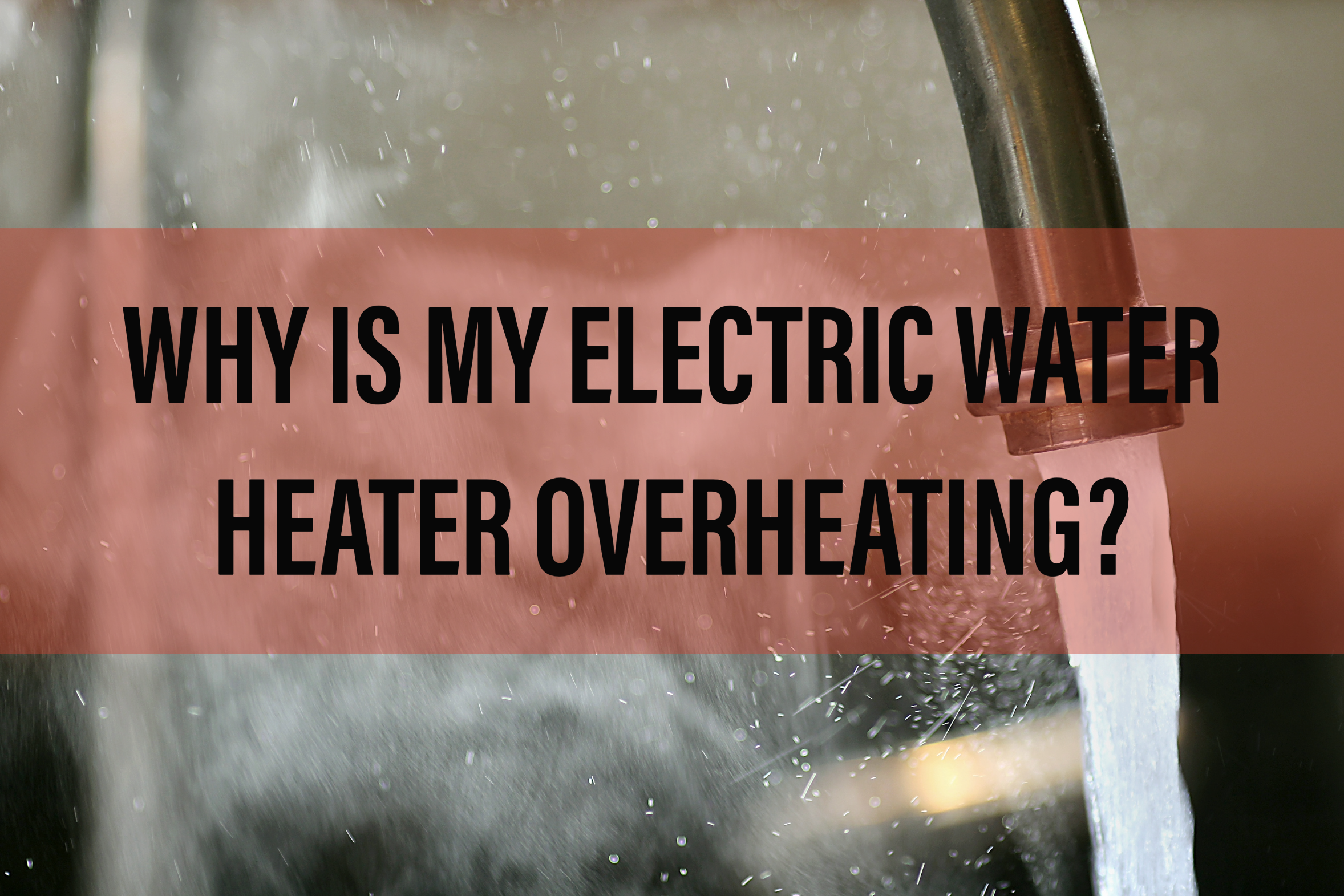One of the most common issues with electric water heaters is that they can overheat. And well, that means you end up with scalding hot water coming out of your sinks and showers! On top of that, if they stay overheated for too long, it can cause damage to your water heater. So, if you’re in this situation, you might be wondering what caused the overheating and what you should do. The good news is that your buddies at Lebanon Plumbing & Drain have got your back! Here are the top three reasons why your electric water heater might be overheating:
1. The Thermostat IS the Problem
The thermostat in your electric water heater is super important for keeping the water at the right temperature. It’s like the control center that tells the heating element when to kick in. However, if there’s a problem with the thermostat, things can get too hot. For instance, if the water heater’s thermostat settings are set too high, it’ll keep heating the water to that high temperature, even if it’s not necessary. Not only does this waste energy, but it can also make the water dangerously hot.
So, if your thermostat is acting up, it might not accurately measure the water temperature or control the heating element properly. This can cause the heating element to stay on longer than it should, which can lead to overheating. To see if the thermostat is the problem, first, make sure it’s set to the right temperature. If the issue continues, it’s a good idea to get a professional to check it out and maybe even replace it.
2. The Heating Element Is the Problem
The heating element is the part that heats up the water in your electric water heater. Just like any other mechanical component, it can wear out over time. And when it does, it can become less efficient and cause problems like overheating. It’s a common issue for it to get stuck in the “on” position. This means it keeps heating the water non-stop, even when it’s already at the desired temperature. This ultimately leads to the cause of overheating. If you think there’s a problem with the heating element, it’s a good idea to get help from a licensed plumber, as they can figure out what’s going on and swap out the element if needed.
3. Sediment Buildup Is the Problem
Over time, sediment, mostly made up of minerals and debris from your water supply, can pile up at the bottom of your water heater tank. (That’s why regular maintenance is so crucial!) When sediment builds up, it kind of acts like an insulator, creating a barrier between the heating element and the water. So, the heating element has a tough time transferring heat efficiently, which can lead to overheating.
To tackle sediment buildup, you’ll need to flush your water heater tank. This means draining the tank to get rid of the accumulated sediment. Since it involves water and electricity, it’s a good idea to have a licensed plumber handle it for safety reasons.
To sum it up, dealing with an overheating electric water heater is a problem that needs immediate attention to prevent scalding, unit damage, and higher energy costs. By knowing the common causes of overheating and taking appropriate action, you can ensure your electric water heater operates safely and efficiently, providing a steady supply of comfortably warm water. So, if you’re facing overheating issues that are beyond your expertise, feel free to reach out to us without hesitation!
Call Lebanon Plumbing & Drain today at (513) 427- 2443, or schedule an appointment online now by clicking here!




